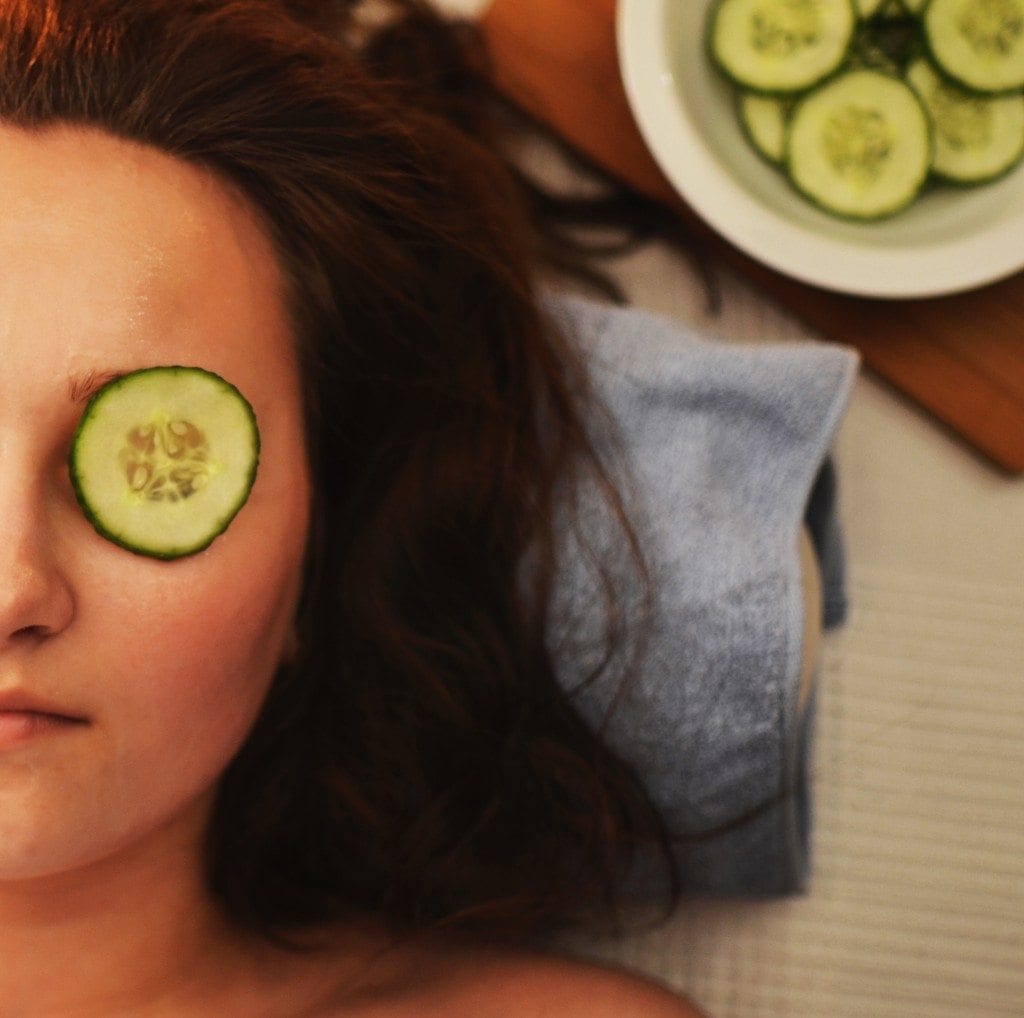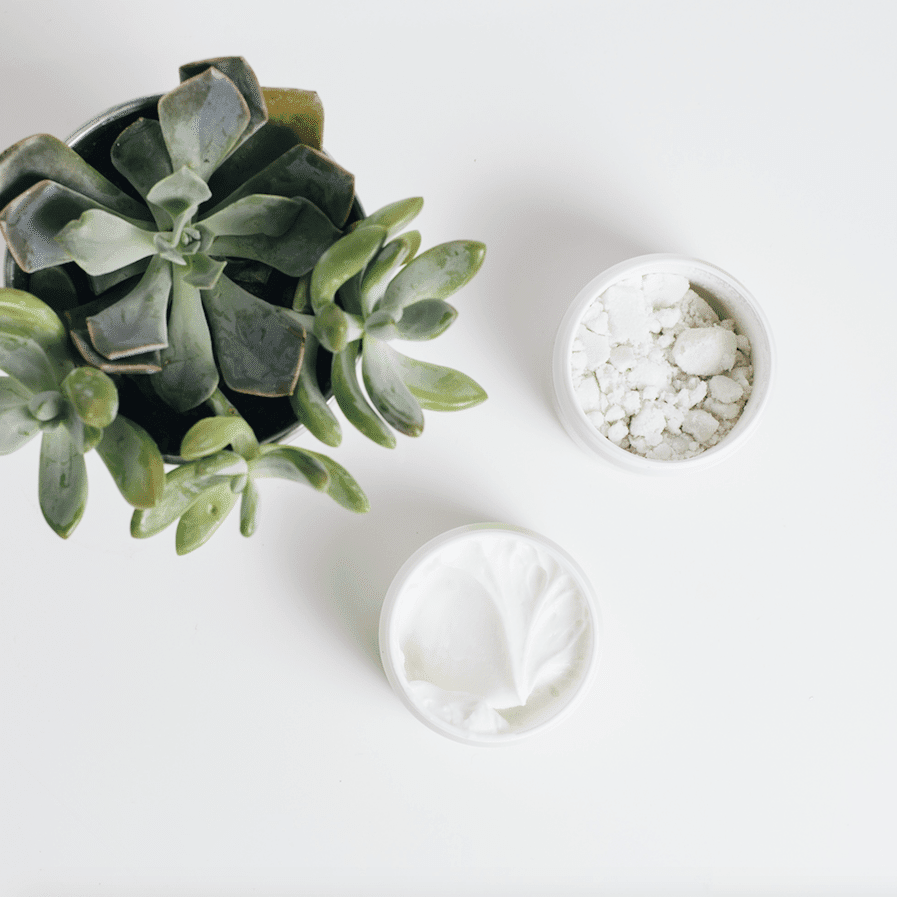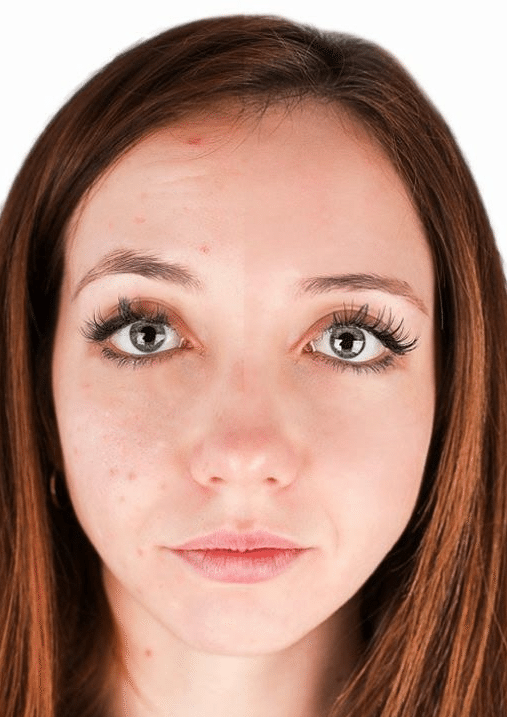Summertime brings sun, heat, humidity and dryness. Depending on which of these climates you live in you’ll need to adjust your daily regimen accordingly.
- Heat can cause redness and inflammation. Look for a soothing anti-redness serum that contains calming ingredients such as Red Tea, Aloe or Camomile .
- The sun of course is much stronger during the summer months and SPF must be worn everyday. Choose an SPF of 15-30 and reapply often. Sun exposure can cause skin to look dry, damaged, dehydrated and pigmented. Hydrating + nourishing the skin with anti-oxidants after being in the sun is imperative.
- Humidity can be a friend to skin by providing hydration, but too heavy of a moisturizer can cause blocked pores and breakouts. For light weight hydration look for a dry balancing oil without silicones and remember to exfoliate.
- Heat + Dryness: Climates that are hot and dry can cause skin to look wrinkled and dehydrated. This is an opportunity to add in a chemical exfoliator(Lactic or fruit acids) as to not over dry the skin followed by a hydrating oil.
How can exfoliating help?
Exfoliation is necessary during the summer. The affects of sun exposure, hyper pigmentation, dryness, oily skin and humidity can all be targeted with exfoliation. Exfoliation removes dead and damaged skin cells to reveal new skin. This new skin feels softer, smoother, and reflects light easier, making fine lines harder to see. Age spots and unwanted pigment are also less visible because the dead skin cells containing the pigment have been removed. Exfoliation aids in clogged pores by removing dirt and makeup and allows for the release of natural oils. Regular exfoliation decreases pore size and minimizes many types of superficial scars, while causing skin to look tighter, healthier, and more youthful.
How do you go about choosing the right exfoliator for your skin type?
Choosing the proper exfoliator is a personal preference and balancing act. The first step is identifying the skin concern or the ‘problem’. For example acne prone skin will do better with one type of exfoliator while sun damaged pigmented skin will do better with another. Listen to your skin as it will tell you if you are over exfoliating by getting redness, dryness or irritation. Remember not to over exfoliate if skin has been exposed to the sun or sea on that particular day as this can cause redness or irritation.
Physical exfoliants (scrubs) are extremely effective at targeting fine lines, pigmentation, acne, skin tone and roughness. A scrub must utilize an exfoliation vehicle that does not harm the skin, break capillaries or cause redness. Our Doctors Scrub is so effective due to the Ruby crystals that are used. Ruby Crystals are perfectly round and have no jagged edges like sugar or salt based scrubs. Doctors Scrub also contains hydrating emollients Hyaluronic Acid, Jojoba Oil and Apricot Kernel oil which all hydrate and nourish the skin. The outcome is glowing, hydrated clear skin. Scrubs can be used 2-4 times per week depending on the level of skin sensitivity.
Chemical exfoliants (peels or wipes) are acid and enzyme based and also very effective against certain skin concerns. Chemical exfoliators are very effective for sun damage, hyper-pigmentation and wrinkles. Lactic acid (found in our Fresh A Peel product) in particular, is extremely beneficial for sun damaged skin, dark spots and hyper-pigmentation. Lactic acid molecules are larger than Glycolic molecules so they don’t go as deep as fast, therefore targeting the top layers of the skin (where the darkness appears). Fruit enzymes are also effective and gentle for the summer.
Understanding the different Types of Exfoliators:
Chemical exfoliation, which uses acids or enzymes to remove dead skin cells, is generally divided into three basic types: light, medium and deep. The first category of light chemical peels encompasses a wide variety of active ingredients, several of which bear mentioning here.
Among the most common types of light chemical peels are alpha-hydroxy acids (AHAs) and beta-hydroxy acid (BHA). The alpha hydroxy family of acids is derived from natural sources such as fruit, milk or sugar. Two of the most widely used in skin care products today are glycolic acid (made from sugar) and lactic acid (made from milk). Alpha hydroxy acid-based facial exfoliators are an excellent choice for people with oily skin. In general, beta hydroxy acid is a more effective treatment for acne prone skin. Beta-hydroxy acid (also called salicylic acid), is a synthetic derivative that comes from the same source as aspirin. Both AHAs and BHA work by combining with the structural lipids in your stratum corneum and dissolving them so that the dead skin cells break away.
People with very sensitive skin are often recommended to look for facial exfoliators that are enzyme-based.
Physical exfoliation utilizes a hard substance to manually remove the dead skin cells–think microdermabrasion. In general, choosing the right exfoliating physical scrub from all the commercial products on the market today depends a great deal upon the thickness and sensitivity of your skin. It’s important to remember that all kinds of particles can be used for exfoliation, and mainstream products encompass a wide and varied selection.
People with oilier complexions have larger sebaceous glands which makes their skin thicker and better able to tolerate larger, more abrasive particles such as pumice or magnesium oxide crystals. Those with drier, sensitive skin should generally use products with smaller granules such as jojoba beads or Ruby Crystals. Jojoba beads, derived from the seeds of the jojoba plant, are small and uniform in size and shape so they are less likely to irritate, cut or abrade your skin. This lessens the likelihood of tears happening in the skin.
There’s no doubt in my mind that regular exfoliation is absolutely essential to maintaining smooth skin and keeping wrinkles and discoloration at bay. Exfoliation is the base of all healthy-looking skin.



